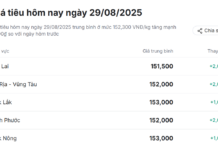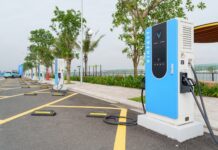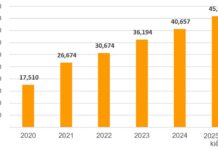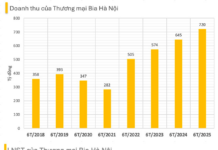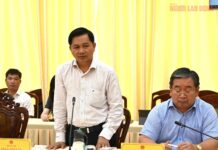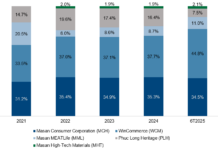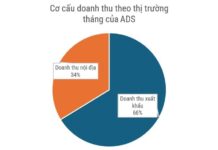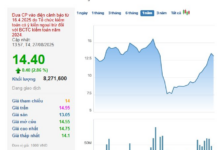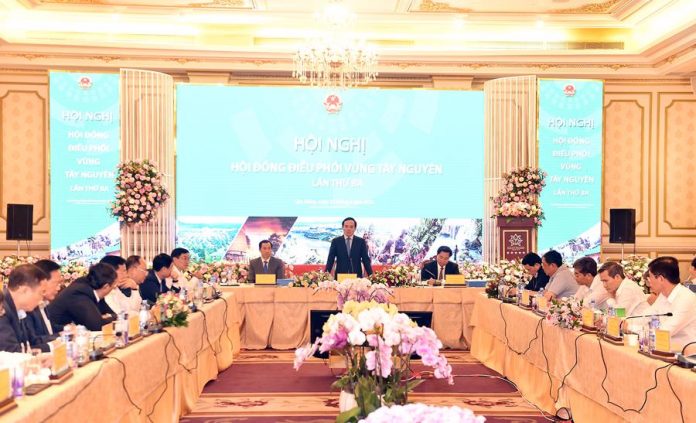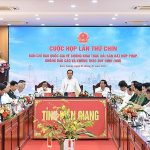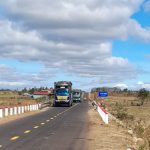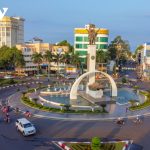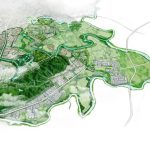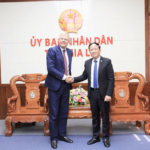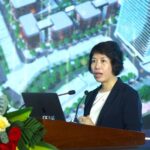On the afternoon of June 23, Deputy Prime Minister Tran Luu Quang chaired the third meeting of the Tay Nguyen (Central Highlands) Coordination Council in Da Lat City, Lam Dong Province.
At the conference, the leaders of Dak Nong and Lam Dong provinces reflected on the challenges faced in implementing several key national projects and programs under the National Target Program. These challenges arise from overlaps between the Master Plan for Exploration, Mining, Processing, and Utilization of Minerals, including bauxite, and the Master Plan for Land Use (approved in Decision 326).
The leaders of the Tay Nguyen provinces proposed that the central government provide financial support for transportation infrastructure projects connecting the region with other parts of the country. They also suggested revisions and supplements to the mechanism and policies for payment for forest environmental services and the mechanism for funding human resource development in the region.
The province of Kon Tum requested the inclusion of the Quang Ngai-Kon Tum expressway in the road network plan for the period 2021-2030 and urged attention to allocating funds for the investment in the Ngoc Hoi-Kon Tum-Pleiku expressway.
Kon Tum also proposed that ministries and sectors provide feedback on the Planning Scheme for the construction of the Mang Den tourist area in Kon Plong district. They further requested that the Ministry of Agriculture and Rural Development promptly finalize the pilot scheme on forest environment leasing for cultivation and development of medicinal plants.
Dak Nong province expressed their hope that central ministries and sectors would provide guidance and support for the implementation of integrated ore processing-aluminum smelting-aluminum refining projects in the province, in line with the Master Plan for Mineral Exploration, Mining, and Processing until 2030.
Gia Lai province proposed amendments and supplements to Decree No. 116/2016/ND-CP and related legal documents on policies to support students and secondary schools in communes and villages with special difficulties.
Dak Lak province suggested that the Ministry of Planning and Investment establish a task force to share information and enhance coordination among localities in the region during the process of building a system of special mechanisms and policies for the Central Highlands.
Dak Lak also proposed that the central government allow the application of specific policies from other regions, which are being effectively implemented, in the Central Highlands.
Representatives of central ministries and sectors provided initial feedback on the proposals and recommendations of the localities. They requested that the Tay Nguyen provinces focus on strengthening the system of local governments and improving the arrangement of agricultural and forestry farms to create a land fund to support residential land and production land for ethnic minority people.
Concluding the conference, Deputy Prime Minister Tran Luu Quang asked the Ministry of Planning and Investment to absorb and synthesize the opinions of the localities expressed during the meeting.
The Deputy Prime Minister also requested that the localities, especially the National Assembly delegations of the respective provinces, actively participate in the process of building a system of special mechanisms and policies for the Central Highlands.
Regarding the forestry sector, the government has issued Decree 58/2024/ND-CP on investment policies in forestry in May, and it is expected to issue a decree amending and supplementing a number of articles of Decree 156 detailing the implementation of the Forestry Law next week, according to the Deputy Prime Minister.
With regards to obstacles related to the national mineral planning, the Deputy Prime Minister directed the Ministry of Natural Resources and Environment to review the Mineral Law, which is currently being amended and supplemented, to ensure that it does not create difficulties for localities in implementing key national projects and public investment projects.
Deputy Prime Minister Tran Luu Quang requested that the Ministry of Natural Resources and Environment, the Ministry of Industry and Trade, and the provinces of the Central Highlands review and report to the Prime Minister on solutions to address the difficulties related to bauxite planning in July 2024.
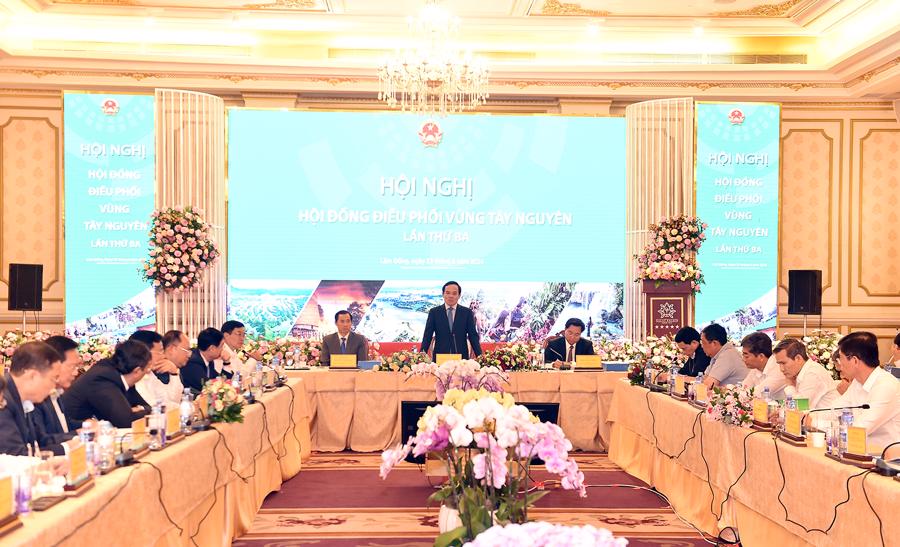
Regarding the National Target Programs, the Deputy Prime Minister commended the Central Highlands provinces for achieving a higher disbursement rate than the national average. However, he pointed out that no locality in the region has yet identified a district to pilot the blending of capital from the three Programs, despite permission granted by the National Assembly.
On digital transformation, the Deputy Prime Minister encouraged the Central Highlands not to think of digital transformation as something solely for the rich or the developed world. In fact, some localities have surpassed others by applying digital transformation.
The Deputy Prime Minister once again emphasized the need for greater cohesion and mutual learning among localities for their collective development, especially in developing transportation infrastructure and attracting foreign investment.
Projects Connecting the Economic Hub of Tay Nguyen
Since the end of 2023, there has been significant improvement in the transportation sector in the Central Highlands region, thanks to the efforts of various levels, sectors, and infrastructure projects.
Dak Lak expects to rise with the “Year of the Dragon”
The Provincial Development Plan of Dak Lak for the period 2021-2030, with a vision until 2050, has just been approved by the Prime Minister in Decision No. 1747/2023. This plan will serve as an important legal framework for the province to formulate economic and social development policies, attract investments, and realize the aspiration of placing Dak Lak’s economy among the top 25 provinces in the country by 2050.
5 Mechanism Groups for Ho Chi Minh City to Have 200km of Urban Railways
The Urban Railway Project comprises 14 recommendation mechanisms, and the Implementation Advisory Council under Resolution 98 proposes organizing them into 5 groups for better focus and clarity.


